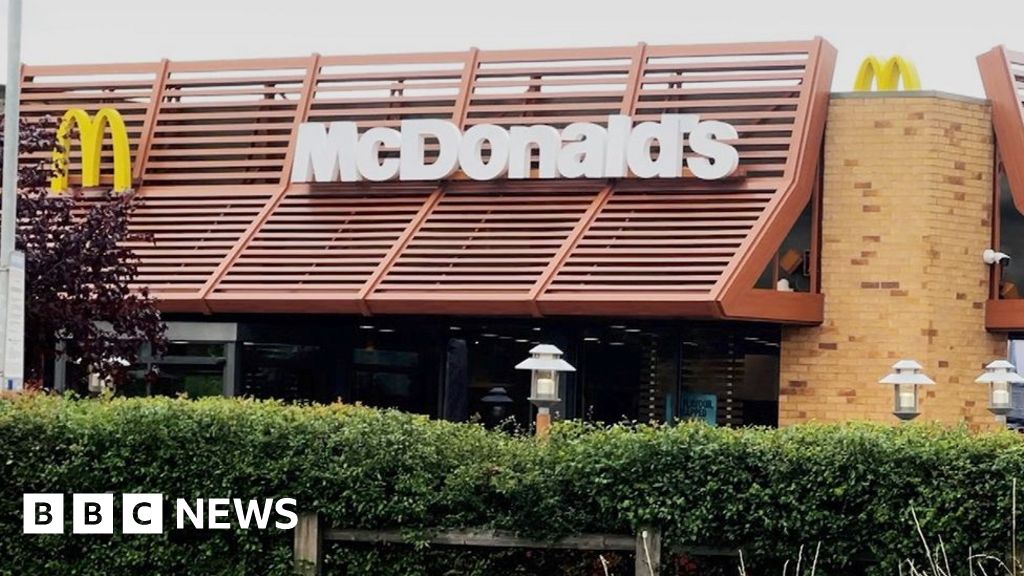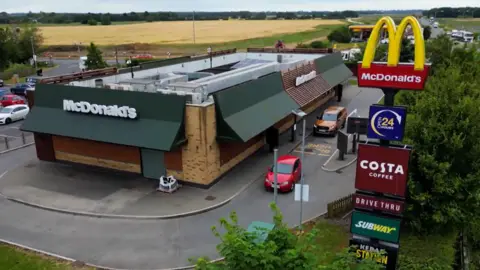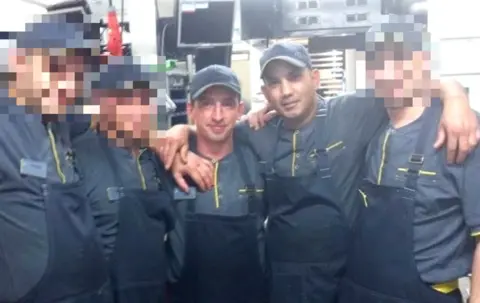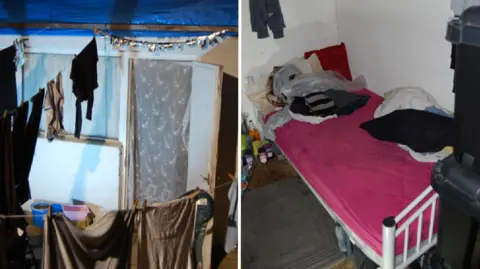It started with soup. Two colleagues were eating carrot and coriander. One liked theirs scalding hot. The other lukewarm. Why the difference in preference? And is there an objective optimal temperature for eating soup? I decided to investigate.
Partly the temperature at which food is served and consumed is governed by health and safety. Guidelines stipulate that hot food should be cooked to a core temperature of 75ºC and kept at 63ºC or above to prevent bacteria. But putting that aside, how does temperature affect flavour?
“Flavour is taste and smell,” says Dr Arielle Johnson, author of Flavorama: A Guide to Unlocking the Art and Science of Flavour (HarperCollins). “Regarding smell, heat makes flavour molecules more volatile. This increases the amount of molecules in the air and therefore aroma, which intensifies flavour. For maximum impact you want to release the aromas as close to eating as possible. That’s why you add lemon juice to a sauce at the end of cooking. Taste and smell reinforce each other, so the lemon in a dish tastes brighter when it also smells of lemon.”
“As for taste,” she continues, “at low and high temperatures, our taste perception is dampened. Warm foods around body temperature have the most taste. One important exception is spiciness: the higher the temperature, the spicier something tastes.”
Taste sensitivity is a factor too: where are you on the scale from super-tasters to hypo-tasters? “If you’re a super-taster, you might prefer very hot or cold food,” says Johnson, as tastes at extreme temperatures are muted. “The sweet spot for a hypo-taster might be warm.”

Pastry chefs, mindful of how cold temperatures dull flavour, amp up the sugar in ice cream. By the same principle, Johnson finds fermented fish overwhelming at room temperature but delicious cold: “If there’s a strong food you’d like to enjoy more, eat it cool,” she advises.
Part of the pleasure of piping-hot ramen is how flavour changes as it cools: rich in aroma when hot, burgeoning taste as it cools. Slurping helps cool the broth and push aroma molecules into your nose to bolster flavour.
Nigella Lawson extols the virtue of tepid (carrying the “memory of heat” as she puts it) for dishes like her nutmeg-scented custard tart. Nik Sharma urges warm for his cherry black-pepper cake because the higher temperature intensifies its spiciness. For most Chinese cooks, piping-hot remains the standard for everything from hot and sour soup to dumplings.
Piping-hot is also a fixation among an older generation who grew up without central heating and get anxious about food poisoning. Meat is requested well done for that reason. Anything pink is practically a death wish. The obsession with eating off hot plates surely springs from the same place. It chimes with a slightly old-fashioned way of dining from a time when chafing dishes were routine. As Johnson explains, heated plates are only necessary for foods that cool off rapidly and turn lacklustre. “Don’t heat your plates for really hot stews because they’re better cooling down,” she says.
Texture also plays a role. “If ramen gets even a bit cold, the broth starts to congeal and become sticky in the mouth. You taste the fat too much,” says Tim Anderson, whose latest book Hokkaido (Quadrille) celebrates a region renowned for its ramen. With ice cream, the opposite happens. As the fat liquifies and becomes silky on your palate, you experience what food scientist Harold McGee calls “the birth of creaminess”. Special mention goes to hot and cold combinations like apple pie and ice cream, where each bite delivers a variety of temperature, aroma and taste.
One key learning from Tom Jackson’s book Cool Pasta: Reinventing the Pasta Salad (Hardie Grant) is how temperature affects the qualities of pasta. The higher the temperature, the more readily it absorbs liquid or oil. Depending on its size and shape, this determines whether you need to rinse the cooked pasta (to drop its temperature and remove excess starch) before dressing it.
Often, though, personal taste trumps good sense. I like cold pasta despite Jackson’s warnings against it. Cold pizza and cold bolognese offer comparable pleasures, not least in the umami sweetness of chilled cooked tomatoes. There’s also shameless pleasure in eating at the fridge door, when it’s just you and the food and instant gratification.
Of course, the temperature at which we eat food can also be a matter of habit and convenience. Anderson may be a ramen aficionado, but when eating packet ramen at home he prefers his warm rather than scalding so he can hoover it up faster. “I’m hungry and in a hurry,” he says. There’s a lot to be said, too, for his ritual of pairing steaming-hot tomato soup with a grilled cheese sandwich: “I dip the sandwich in the soup and by the time I’ve eaten most of it, the soup is cool enough to slurp,” he says. The second law of thermodynamics put to excellent use.















































































































































You must be logged in to post a comment Login